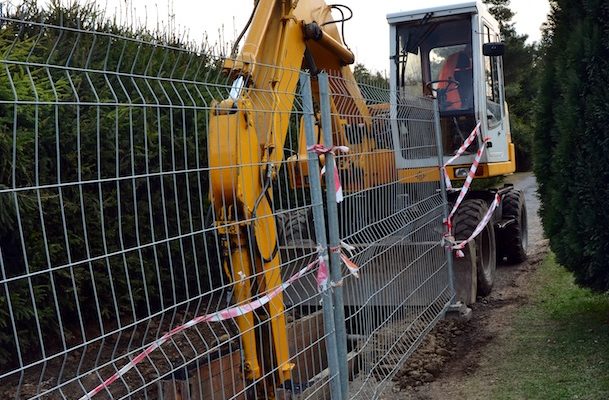UPDATED: 06/22/2018 06:35:35 AM EDT
By Katie Lannan
State House News Service
BOSTON — The Massachusetts Senate voted unanimously Thursday to approve legislation offering new protections to combat what senators characterized as a $700 million problem.
The bill (S 2327) targets the practice of wage theft, through which workers are denied the compensation owed to them by employers.
Despite the Senate’s support for the bill, Minority Leader Bruce Tarr warned it contained a “poison pill” that would make it “legally indefensible” and could keep it from becoming law.
Types of wage theft include failure to pay overtime, minimum wage violations, illegal deductions and working off-the clock, said Sen. Jason Lewis, who co-chairs the Labor and Workforce Development Committee.
“The practice of wage theft comes in many different forms, but they all have the common denominator of hurting workers, their families, and our communities,” said Sen. Sal DiDomenico, the bill’s lead sponsor.
Lewis told of one man, the father of an infant, who worked more than 50 hours a week for a construction subcontractor and was not receiving a paycheck. When the man approached his employer about the lack of pay, he was fired.
According to DiDomenico’s office, 350,000 Massachusetts workers lose an estimated $700 million annually to wage theft.









